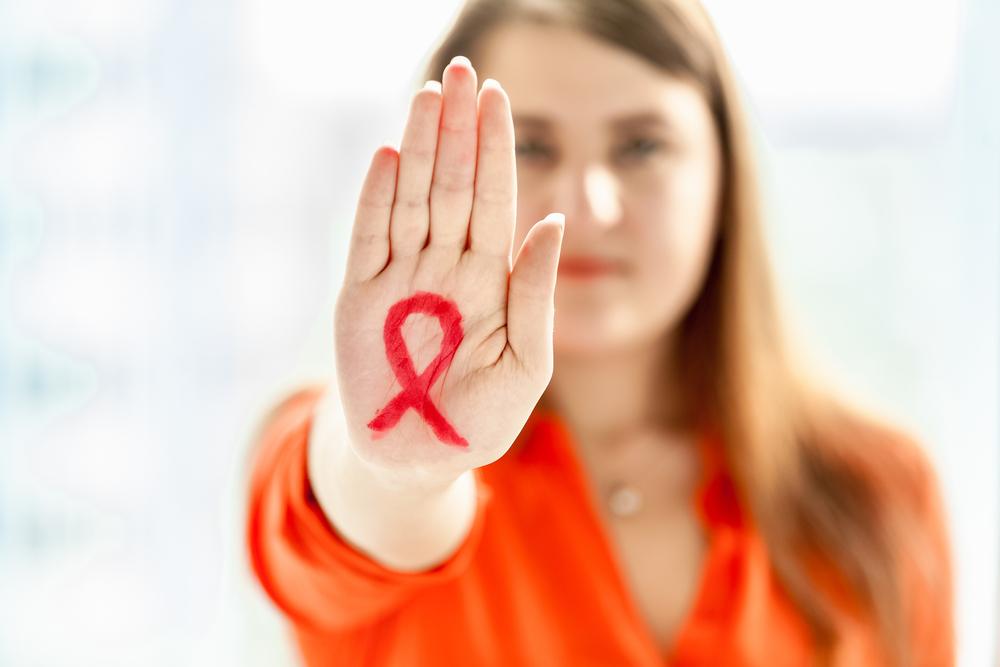Everything You Need to Know about HIV
The human immunodeficiency virus (HIV) is a retrovirus that causes contiguous disease that inhibits the action of the immune cells. The body becomes weak to fight back any disease as the function of the vital the CD4 T cell gets decreased. It is a lifelong disease that may not cause death itself, but if the person is affected by another serious disease, it may result in death. This is because the body defense system gets depleted to resist the increasing complication of the disease.

HIV, if undiagnosed, may result in a more pronounced and complicated stage that is known as AIDs. Once the individual has reached the advanced stage of HIV, it may result in death.
What are the Various Causes of HIV?
- HIV may spread through sexual intercourse with an HIV patient. The virus gets transmitted through the blood, semen, and vaginal secretion of the patient.
- Generally, blood transfusion during body piercing or getting a tattoo may also carry the virus, if the needle is unsterilized.
- It can be passed from an HIV positive mother to the fetus. Another way is through breastfeeding from an HIV positive mother.
What are the symptoms of HIV?
The symptoms can be classified by plotting a time scale of the signs.
Initial period
During the initial period that ranges from 1 to 4 weeks, there are symptoms like an upset stomach, fever, muscle and joint pain, swollen glands, rashes, headache, and sore throat.
Later Stages of HIV
It is evident that more pronounced symptoms may appear after 3 to 12 weeks. Complete damage of the immune system takes place in a span of around 10 years.
Some of the symptoms are as follows:
- Unexplained loss of weight and appetite, frequent diarrhea, epidermal rashes as well as problems, and night sweats.
- There can be some serious illnesses such as hepatitis, tuberculosis, flu, and candidiasis.
- There may be aggravated complications like the wasting syndrome that causes the loss of weight.
- There may be some neurological complications interfering with the mental health of the individual.
- There may be inflammation where the nephrons of the kidney get inflamed.
- Cancer that is common in the Aids patients is Kaposi’s sarcoma and lymphoma.
How Can HIV be Treated?
HIV is not completely curable, but the action of the virus can be restricted to a certain extent with the use of certain medications and the inculcation of some healthy habits.
Medicines
HIV can be inhibited by a class of medicine that is collectively responsible for antiretroviral treatment that interferes with the replication machinery of the virus. These medications do not allow the T cells to fall down under a minimum level and may aggravate the chances of having the opportunistic infections.
Vaccination
There are a number of vaccinations that can serve the affected individual better quality of living. These vaccinations are not designed for HIV but for other types of diseases like measles, typhoid, chicken pox, and influenza. Here are two types of vaccines that are supplemented to the patient:
- A preventive vaccine is to trigger the immune cells to identify and fight the invaded HIV virus.
- Therapeutic vaccine inhibits with the growth of the virus and delays the development of the disease.
Physical Therapy
Physical therapies that include yoga, acupuncture, and chiropractic are some of the ways that promote the patient’s mental health and exercises for the healing ability. Naturopathic medicine can also be relied upon to boost the defense system of the body.















